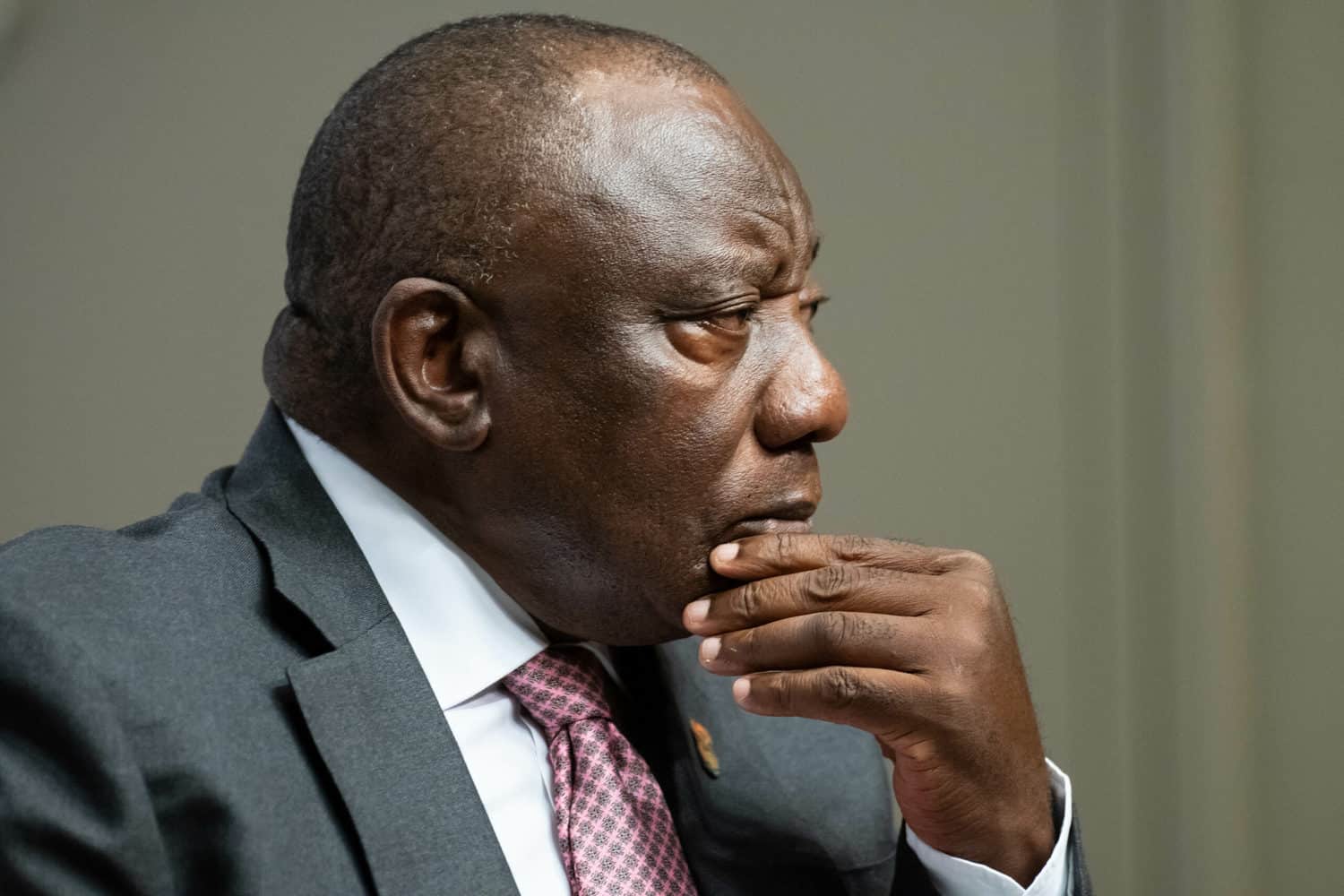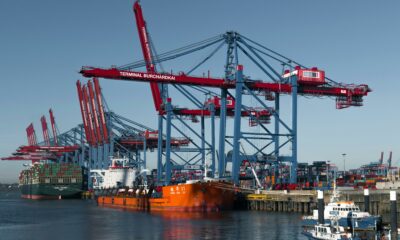Business
Another ANC Misstep? Why Changing the Reserve Bank’s Mandate Could Backfire

The ANC is once again stirring debate over South Africa’s economic future, this time by proposing to broaden the South African Reserve Bank’s mandate to include employment and growth. On paper, it sounds like a step toward addressing our stubbornly high joblessness. But scratch beneath the surface, and experts warn it could do more harm than good.
A Policy That Promises, But Can’t Deliver
The ANC’s latest discussion paper suggests updating the Reserve Bank’s mandate to put employment “at the centre of macroeconomic policy.” It even hints that government should be willing to run deficits to finance growth-friendly projects.
But as the Centre for Risk Analysis (CRA) points out, South Africa’s economic troubles are not caused by a lack of monetary stimulus. Cutting interest rates won’t fix Eskom’s load-shedding, Transnet’s crumbling rail system, or endless red tape strangling small businesses.
“The real blockages are on the supply side,” the CRA notes. In other words, the machinery of the state, from ports to power, is what’s holding back growth, not the Reserve Bank’s inflation-fighting focus.
The Reserve Bank: A Rare Bright Spot
If there’s one institution South Africans still trust, it’s the Reserve Bank. Under Governor Lesetja Kganyago, the Bank has earned global respect for keeping inflation in check despite a volatile rand. International investors often describe it as one of the most credible central banks in emerging markets.
That reputation matters. It reassures ratings agencies and keeps foreign capital flowing into our economy. Undermining it, analysts warn, would be like chipping away at one of the last pillars holding up investor confidence in South Africa.
What’s Really at Stake
Changing the Bank’s mandate might give the public a short-term sense that the government is “doing something” about growth. But in reality, the risks far outweigh the benefits.
-
Inflation threat: A looser mandate could make it harder to keep prices under control.
-
Weaker credibility: Investors may see South Africa as meddling with its central bank, scaring off much-needed capital.
-
Minimal reward: Lower interest rates may boost spending briefly, but without fixing structural problems, growth will fizzle out.
As Kganyago himself has stressed, South Africa’s high interest rates are not arbitrary, they’re a direct result of the country’s runaway debt and investor concerns about fiscal stability. Since 2008, when South Africa last ran a budget surplus, government debt has ballooned year after year.
Politics vs. Economics
This isn’t the first time the ANC has clashed with the Reserve Bank. Some in the party have even floated the idea of nationalising the institution. While that plays well in political rallies, it’s a move that could shatter investor confidence.
Social media reaction to the latest proposal has been swift, with many South Africans pointing out that tinkering with the Reserve Bank won’t keep the lights on, create jobs, or stop the collapse of Transnet’s freight network.
Economists argue the real fix lies elsewhere: cutting wasteful spending, reforming state-owned enterprises, and creating a business environment that encourages investment.
South Africans are desperate for solutions to stagnant growth and rising unemployment. But broadening the Reserve Bank’s mandate is a dangerous distraction. It risks undermining one of the few institutions still holding the economy together, without addressing the structural blockages that keep us stuck.
As one economist put it: “Monetary policy can buy you time, but it can’t build power stations, run trains, or create jobs.”
The ANC may want a quick win ahead of elections, but if history is any guide, this gamble could end up being another costly mistake for the economy.
{Source: Daily Investor}
Follow Joburg ETC on Facebook, Twitter , TikTok and Instagram
For more News in Johannesburg, visit joburgetc.com



























